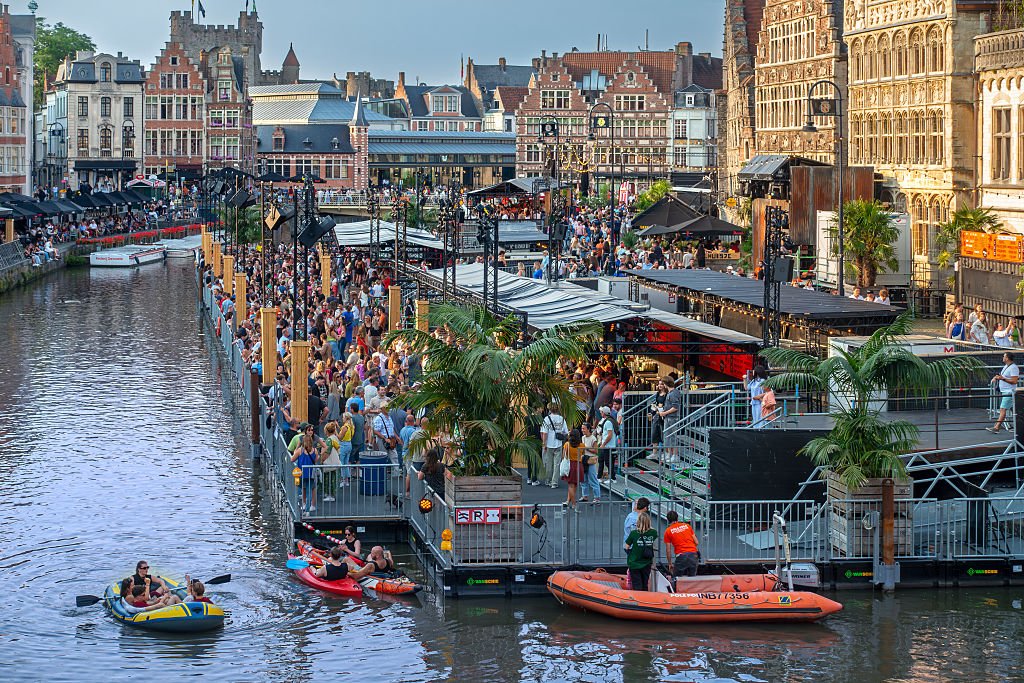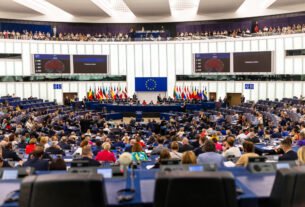An annual music festival in Ghent cancelled the Munich leading orchestra performance on Wednesday over its Israeli conductor, Lahav Shani, prompting calls in Germany of antisemitism in European cultural life.
Organisers of the Flanders Festival Ghent said the decision was taken because Shani’s position left “insufficient clarity about his attitude to the genocidal regime in Tel Aviv.”
Shani, who is also music director of the Israel Philharmonic Orchestra, had been scheduled to conduct the German ensemble in the Dutch-speaking Belgian city on 18 September.
They noted that Shani had spoken out “in favour of peace and reconciliation several times”, but said the cancellation followed calls from the Flemish culture minister and Ghent authorities not to work with partners who had failed to distance themselves from Israel’s government.
Reactions from the German political and cultural realms were quick. Florian Wiegand, the Munich Philharmonic’s director, said in a statement he was “stunned” that a Belgian festival, “in the heart of Europe” and home to the EU institutions,” would make such a decision, calling it “inconceivable.”
“Shani, in all his work as a musician and human being, advocates for understanding, humanism and dialogue,” the statement said.
Germany’s Commissioner of Culture and Media, Wolfram Weimer, also condemned the decision. “A leading German orchestra and its Jewish chief conductor have been disinvited – this is a disgrace for Europe. It is outright antisemitism,” he wrote on X.
Meanwhile, the chair of the Parliament’s working group on antisemitism, Nathalie Loiseau, told Euractiv she was “absolutely outraged by these censures and anathemas levelled against artists and athletes because of their Israeli nationality.”
“This confuses Jews as a people, Israelis as a nationality, and the actions of Benjamin Netanyahu’s government,” the French liberal said. While she strongly disagrees with Israeli policies, she warned: “Europe knows what happens when it allows Jews to be stigmatised.”
Belgium has a diverse Jewish community, from Antwerp’s ultra-Orthodox Haredi population to secular groups in Brussels. But unlike most EU countries, it has yet to adopt a national strategy to combat antisemitism.
The Ghent case is also not isolated, as it reflects a growing divide in Europe, with artists and institutions under pressure to take sides. In Spain, more than 70 artists pulled out of one of Barcelona’s biggest musical festivals earlier in 2025 over alleged links between the event’s parent company and Israeli investors.
Over 2,000 international film industry workers also signed a pledge this year refusing cooperation with Israeli state-backed institutions, which drew strong criticism from Israeli cultural organisations.
(mm)




